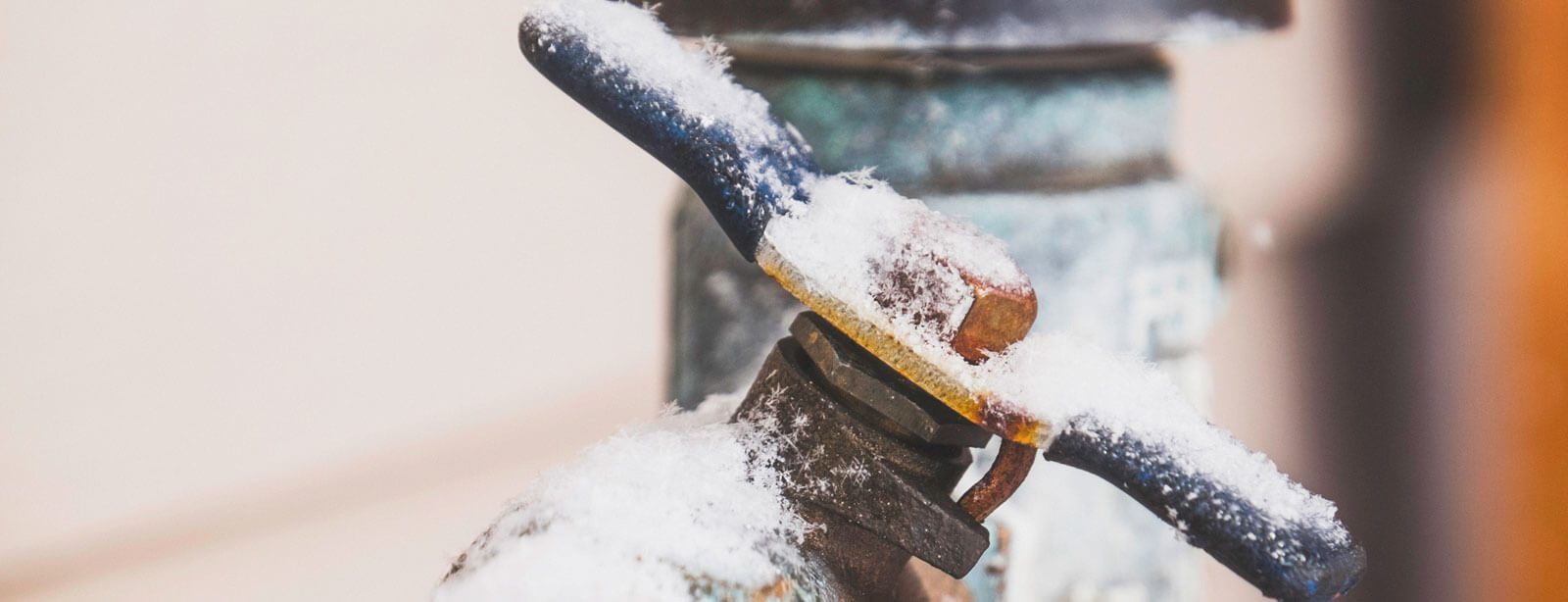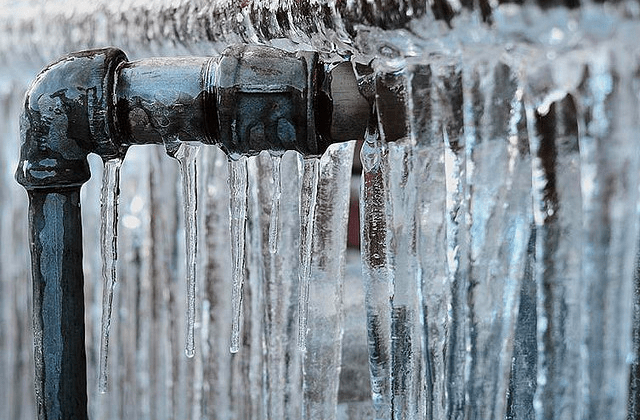Key Methods for Avoiding Frozen Pipes in Winter
Key Methods for Avoiding Frozen Pipes in Winter
Blog Article
How do you feel about Preventing and dealing with frozen pipes?

Cold weather can damage your plumbing, particularly by freezing pipes. Below's just how to stop it from taking place and what to do if it does.
Intro
As temperatures drop, the risk of frozen pipes rises, potentially causing expensive repairs and water damage. Comprehending exactly how to prevent icy pipelines is essential for property owners in chilly climates.
Avoidance Tips
Protecting at risk pipes
Cover pipelines in insulation sleeves or make use of warmth tape to safeguard them from freezing temperature levels. Focus on pipelines in unheated or external areas of the home.
Heating methods
Keep indoor areas sufficiently heated up, specifically locations with pipes. Open up cupboard doors to enable warm air to distribute around pipelines under sinks.
How to recognize icy pipes
Look for lowered water circulation from faucets, unusual smells or sounds from pipes, and visible frost on subjected pipes.
Long-Term Solutions
Structural changes
Think about rerouting pipes far from outside walls or unheated areas. Add additional insulation to attics, cellars, and crawl spaces.
Upgrading insulation
Purchase top notch insulation for pipelines, attic rooms, and walls. Correct insulation aids preserve regular temperature levels and lowers the danger of icy pipes.
Securing Exterior Pipes
Yard hose pipes and exterior faucets
Detach and drain pipes yard hose pipes before wintertime. Install frost-proof spigots or cover outdoor faucets with shielded caps.
Understanding Frozen Pipes
What causes pipes to ice up?
Pipes ice up when revealed to temperature levels listed below 32 ° F (0 ° C) for extended periods. As water inside the pipelines ices up, it broadens, putting pressure on the pipe wall surfaces and possibly triggering them to burst.
Threats and problems
Frozen pipelines can cause water interruptions, property damages, and expensive repairs. Burst pipelines can flood homes and cause substantial structural damages.
Indicators of Frozen Pipeline
Recognizing frozen pipes early can prevent them from breaking.
What to Do If Your Pipelines Freeze
Immediate activities to take
If you believe icy pipes, maintain faucets open to relieve pressure as the ice thaws. Make use of a hairdryer or towels soaked in hot water to thaw pipes gradually.
Verdict
Stopping icy pipelines needs positive procedures and fast actions. By recognizing the causes, signs, and preventive measures, property owners can safeguard their plumbing during cold weather.
Helpful Tips to Prevent Frozen Pipes this Winter
UNDERSTANDING THE BASICS: WHY PIPES FREEZE AND WHY IT’S A PROBLEM
Water freezing inside pipes is common during the winter months, but understanding why pipes freeze, and the potential problems it can cause is crucial in preventing such incidents. This section will delve into the basics of why pipes freeze and the associated problems that may arise.
THE SCIENCE BEHIND FROZEN PIPES
When water reaches freezing temperatures, it undergoes a physical transformation and solidifies into ice. This expansion of water as it freezes is the primary reason pipes can burst. As the water inside the pipe freezes, it expands, creating immense pressure on the walls. If the pressure becomes too great, the pipe can crack or rupture, leading to leaks and water damage.
FACTORS THAT CONTRIBUTE TO PIPE FREEZING
Low Temperatures: Extremely cold weather, especially below freezing, increases the risk of pipes freezing. Uninsulated or Poorly Insulated Pipes: Pipes located in unheated areas, such as basements, crawl spaces, or attics, are more prone to freezing. Insufficient insulation or lack of insulation altogether exacerbates the problem. Exterior Wall Exposure: Pipes running along exterior walls are susceptible to freezing as they encounter colder temperatures outside. Lack of Heating or Temperature Regulation: Inadequate heating or inconsistent temperature control in your home can contribute to frozen pipes. PROBLEMS CAUSED BY FROZEN PIPES
- Pipe Bursting: As mentioned earlier, the expansion of water as it freezes can cause pipes to burst, resulting in significant water damage.
- Water Damage: When pipes burst, it can lead to flooding and water damage to your property, including walls, ceilings, flooring, and personal belongings.
- Structural Damage: Prolonged exposure to water from burst pipes can compromise the structural integrity of your home, leading to costly repairs.
- Mold and Mildew Growth: Excess moisture from water damage can create a favorable environment for mold and mildew growth, posing health risks to occupants.
- Disrupted Water Supply: Frozen pipes can also result in a complete or partial loss of water supply until the issue is resolved.
WHY CERTAIN PIPES ARE MORE PRONE TO FREEZING
- Location: Pipes located in unheated or poorly insulated areas, such as basements, crawl spaces, attics, or exterior walls, are at higher risk of freezing.
- Exterior Pipes: Outdoor pipes, such as those used for irrigation or exposed plumbing, are particularly vulnerable to freezing as they are directly exposed to the elements.
- Supply Lines: Pipes that carry water from the main water supply into your home, including the main water line, are critical to protect as freezing in these lines can affect your entire plumbing system.
- Underground Pipes: Pipes buried underground, such as those connected to sprinkler systems or outdoor faucets, can be susceptible to freezing if not properly insulated.
https://busybusy.com/blog/helpful-tips-to-prevent-frozen-pipes-this-winter/

Do you really like reading up on Helpful Tips to Prevent Frozen Pipes this Winter? Leave a short review further down. We would be delighted to listen to your thoughts about this piece. We hope that you visit us again before long. Sharing is caring. You won't know, you may very well be helping someone out. Thanks a bunch for your time. Kindly come by our website back soon.
Visit Report this page